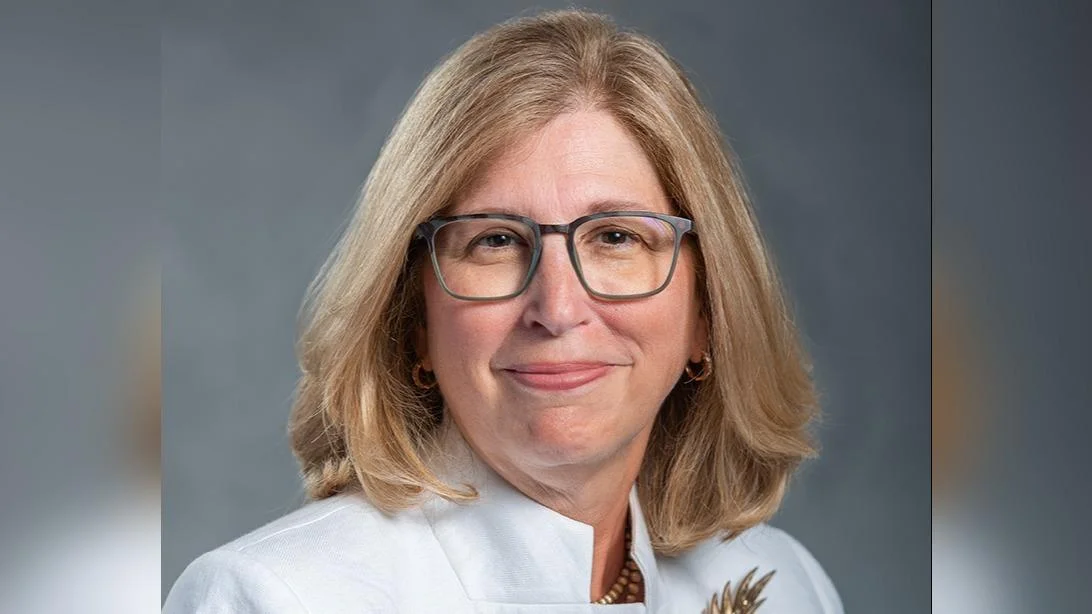Interim President Teresa K. Woodruff, Ph.D. | Michigan State University
Interim President Teresa K. Woodruff, Ph.D. | Michigan State University
Throughout Michigan, several lakeshores have temporarily closed due to E. coli contamination. Joan Rose, MSU Homer Nowlin Endowed Chair in Water Research and a leading expert, attributes some of this contamination to human waste from septic tanks.
According to Rose, "Up-to-date septic tanks that are maintained work well in areas where they’re not too heavily concentrated." However, about 30% of Michigan homes have a septic system—the highest per-capita number in the U.S. A 2015 study by MSU scientists linked these systems to human fecal markers in watersheds across the state.
The Michigan Department of Environment, Great Lakes and Energy (EGLE) estimates that out of the 1.3 million to 1.4 million on-site wastewater treatment systems statewide, approximately 330,000 are failing—often without homeowners' knowledge. This results in millions of gallons of raw sewage being released into Michigan’s groundwater daily.
Rose is collaborating with communities and state officials to address this issue. Her research has informed state Rep. Phil Skaggs' proposed legislation for a statewide sanitary code regulating septic systems.
In Higgins Lake, efforts are underway to install a septic tank effluent pump (STEP) sewer system as an alternative to home systems. Rose and the MSU Water Alliance will monitor the lake for five years to assess the STEP system's effectiveness.
Rose addressed questions regarding contamination from septic tanks and ongoing mitigation efforts:
"In 2015, you and other researchers published a study showing widespread contamination from septic tanks. Nine years later, what has changed? Has the situation improved or worsened?"
"We believe the situation has gotten worse," Rose stated. She noted that increased full-time residency in resort communities like Higgins Lake has exacerbated the problem due to higher nutrient loading from more frequent use of short-term rentals.
"You mention that E. coli can be found in water from sewage runoff. What is E. coli, and how does it harm human and animal health?"
"All warm-blooded animals, including humans, have E. coli in their gut," explained Rose. "E. coli can cause acute infections like eye infections and gastrointestinal infections." She added that certain strains could lead to severe health issues such as kidney damage or reactive arthritis.
"What are the barriers to homeowners replacing aging and failing septic systems?"
"Putting in a modern septic system could cost a homeowner $10,000 to $20,000, sometimes even $50,000," said Rose. Many people cannot afford these costs.
"What is the solution to having too many septic tanks?"
"I think we should hook homes up to a central wastewater treatment plant," suggested Rose. Such infrastructure could provide energy and economic resources while preserving local lakes.
"The MSU Water Alliance is working with homeowners surrounding Higgins Lake to address contamination."
"This is going to provide a roadmap for communities wanting to replicate this effort," she stated.
"What are the risks of failing to act?"
"If we have the same number of people around our lakes...we’re going to see continued degradation," warned Rose.





 Alerts Sign-up
Alerts Sign-up